The Power of Organizational Leadership
Organizational leadership is the ability to lead groups of individuals toward fulfilling an organization’s mission. It communicates the vision, establishes the strategic plan, and inspires individuals to put forth their best efforts. There are multiple forms of leading, all of which have a major impact on society. When it comes to identifying your leadership style, it’s beneficial to keep your core values in mind. This is a method that provides direction, implements plans, and motivates people. Being able to coach your team as the point person is very vital. The coaching leadership style is where leaders take on the role of mentor. Under this type of leadership, leaders invest their time and energy into developing individual team members.
It’s important to empathize with the importance of expressing:
- Short-term goals in the context of longer-term objectives
- Staying focused on the goal (not allowing yourself to be pushed “off-track”)
- Remembering the objective (knowing the reasons for what you’re doing)
As a leader, helping the entire team understand the goals and objectives is key. If you see something happening that does not align with the goals and objectives, you have to work to bring it to the forefront so it can be addressed. Defining the cause of the problem will enable you to understand how the issue grew in the first place. When managing internal issues, it helps to have a common objective, which is resolving the friction and ensuring it does not resurface.
Leadership Skills Most Useful
Aligning empowerment with responsibility is one of the most useful concepts for companies because it encourages growth. Team members who are tasked with accomplishing something have to be dedicated to getting the responsibility done. It’s easy to fall into the victim trap of holding someone else responsible for something they can’t control. However, It can be surprisingly tricky to recognize when responsibility and empowerment are not aligned properly.
Empowerment requires belief in one’s ability to get the task done, so it’s critical to teach colleagues how to take ownership. It’s not enough to know what needs to be done; you have to believe that you have the capabilities to get it done. Another issue that comes up frequently is how to deal with roadblocks. Seeing a roadblock as an opportunity to further the goal requires a shift in perspective that might not come naturally, but if there are no roadblocks, then the goal is probably trivial.
Effective communication is another important skill that every leader should possess. It doesn’t only equate to speaking well but also involves active listening and proper questioning technique to achieve flourishing results. As a leader, it’s your job to make sure that your employees have the resources they need to do their jobs well and give your customers the positive experience they deserve. All of this requires communication with both your internal staff and external parties.
After evaluating the leadership style of TSLHG, the principle that has affected the business the most is not making a judgment unless there is also a corresponding decision to be made. If we need something done but haven’t worked out what’s expected, the main question should be what we will do to accomplish the goal, not who to blame. Any “judgment” that does not directly contribute to the decision at hand is, at best, a waste of resources. There will be times when you fail and times when you succeed. What’s pertinent is what we do next after a failure or success. The pattern is much more significant than the individual events that make up the blueprint.
Importance of Change and Personal Growth
Cultivating a culture that pursues personal growth alongside business growth is a recipe for success. A business that cares about the personal development of its employees will have a more engaged workplace, which directly links to employee performance and profitability over time. Adapting to change and learning to grow is essential for creating happiness and developing better well-being. No matter what you enjoy doing and what your personal goals are, if you’re stagnant, then you will not be happy with your current circumstances.
The Student Loan Help Group’s company culture thrives off progression and passion. We remain the top business in our industry because we put our employees first. Continuously looking for ways to support staff who want to pursue growth opportunities is how you stay ahead. This training helps to fuel employee career growth and encourages team members to pursue relevant business courses that will further their career advancement.
TSLHG has an “Advancement” program, which is different from the other resources offered by the company. Advancement is about the staff’s ability to get raises, promotions, transfers, bonuses, and recognition. It’s completely separate from leadership. It’s good that not everyone wants to be a leader because, at TSLHG, we also create growth opportunities for team members who don’t want to be leaders. This initiative works for us because when employees feel their employer supports and values them, they may feel more loyal to the goals of the company.
In conclusion, our advancement program continues to help shape ambitious people into the leaders they wish to be. You can amplify your leadership skills by keeping strategic thinking, execution, and partnerships at the forefront. Whether you’re leading a small team or a large corporation, leadership should inspire others to self-reflect on their goals while striving to be more successful.



